India and Pakistan signed the Indus Waters Treaty on September 19, 1960, administered by the World Bank. This came after nine years of negotiations between the two nations following the memories of a bitter partition in 1947.
If you are a history geek who loves to learn about important events from the past, Firstpost Explainers’ ongoing series, History Today will be your one-stop destination to explore key events.
On this day in 2008, the Batla House encounter unfolded in Delhi’s Jamia Nagar, which went on to become one of the most controversial anti-terror operations in India. Meanwhile, Disneyland created history in 1959 by refusing entry to Soviet Premier Nikita Khrushchev.
Here is all that took place on this day.
India and Pakistan signed the Indus Waters Treaty
It was on September 19, 1960, that India and Pakistan signed one of the most significant water-sharing agreements in modern history, the Indus Waters Treaty. India’s then-Prime Minister Jawaharlal Nehru travelled to Karachi to sign the treaty with Pakistani President Ayub Khan, with the World Bank acting as a signatory and a crucial mediator.
The treaty allocated the six rivers of the Indus basin between the two countries. Under its provisions, the three eastern rivers, namely Ravi, Beas, and Sutlej, were granted to India, while the three western rivers, which included Indus, Jhelum, and Chenab, were assigned to Pakistan. This division gave India control over about 20 per cent of the basin’s waters and Pakistan about 80 per cent. Despite the division, India retained limited rights for non-consumptive uses such as irrigation, hydropower generation, and navigation on the western rivers.
The treaty is often hailed as a remarkable success of diplomacy. Even during times of war and intense hostility between India and Pakistan, the IWT has largely remained intact and operational. The Permanent Indus Commission, created under the agreement, continues to serve as a platform for both nations to resolve water-related disputes and exchange hydrological data.
Over the decades, however, disagreements have arisen over India’s construction of dams and hydropower projects on the western rivers, which Pakistan has often objected to, citing potential impacts on its water security. As of now, the treaty remains suspended following the Pahalgam attacks.
Batla House encounter took place
The Batla House encounter unfolded in Delhi’s Jamia Nagar on this day in 2008. The Delhi Police’s Special Cell raided a flat in L-18, Batla House, following the serial bomb blasts that shook Delhi just six days earlier, killing over 30 people and injuring more than 100.
According to police accounts, the flat was being used as a hideout by members of the Indian Mujahideen. During the raid, a fierce gun battle broke out. Two suspected terrorists, namely Atif Amin and Mohammed Sajid, were killed, while another, Mohammed Saif, was arrested. A fourth suspect, Ariz Khan, managed to escape but was later arrested in 2018.
The encounter also resulted in the tragic death of Inspector Mohan Chand Sharma, a decorated Delhi Police officer who led the operation. Sharma succumbed to bullet injuries and was posthumously awarded the Ashoka Chakra, India’s highest peacetime gallantry award.
Disneyland barred Nikita Krushchev
In a bold move, Disneyland refused to entertain Soviet Premier Nikita Khrushchev, following the years of the Cold War. The incident took place during his historic two-week tour of the United States, an unprecedented diplomatic exchange intended to thaw relations between the two nuclear rivals.
Khrushchev had come to America at the invitation of President Dwight D Eisenhower to ease Cold War tensions. His visit included meetings with political leaders, industrial tours, and even a trip to Hollywood, where he met stars like Marilyn Monroe and Frank Sinatra. However, when it came to Disneyland, authorities refused his request, citing security concerns.
The Los Angeles Police Department and the US State Department argued they could not guarantee the Soviet leader’s safety in the open, crowded amusement park. Southern California at the time had a large population of anti-Communist immigrants, and officials feared protests or even assassination attempts.
Khrushchev, who was known for his fiery temperament, reacted with anger and sarcasm. Speaking at a luncheon with Hollywood celebrities, he mocked the decision, saying he had looked forward to visiting Disneyland but was instead told, “We cannot guarantee your safety.” He fumed, “What is it? Is there an epidemic of cholera there? Have gangsters taken hold of the place?” His remarks left the audience stunned, yet they highlighted the absurdity of the incident.
This Day, That Year
President Juan Perón of Argentina was overthrown and fled to Paraguay in 1955.
The Battle of Chickamauga Creek during the American Civil War took place on this day in 1863.


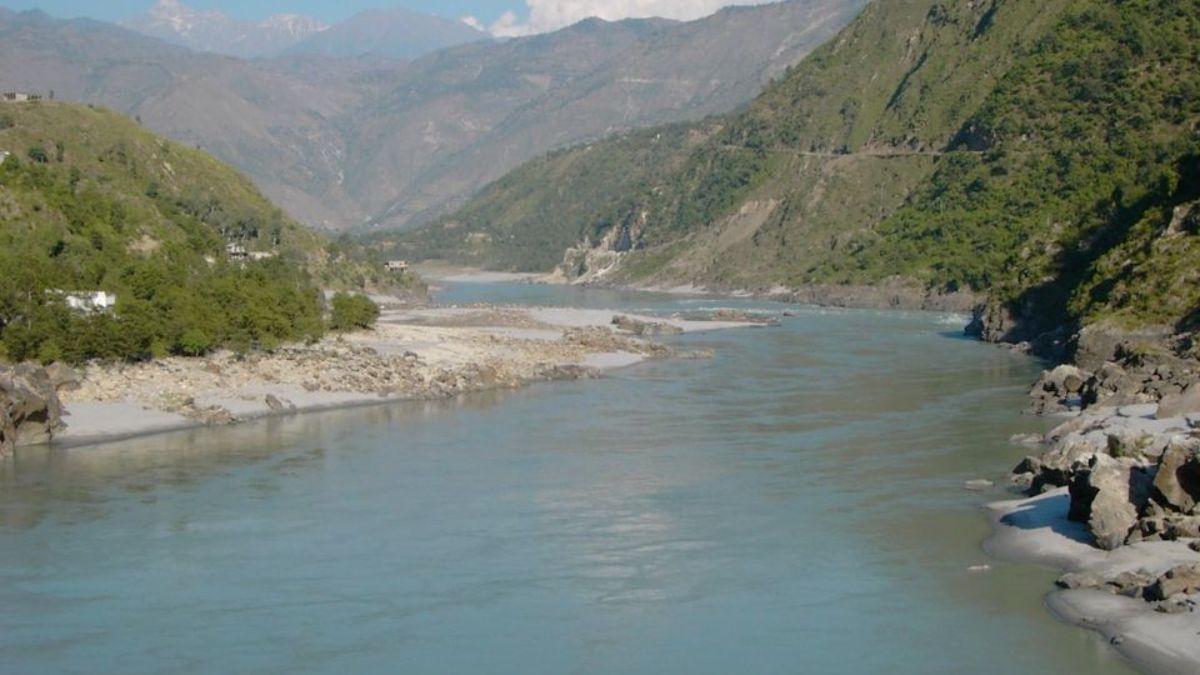)
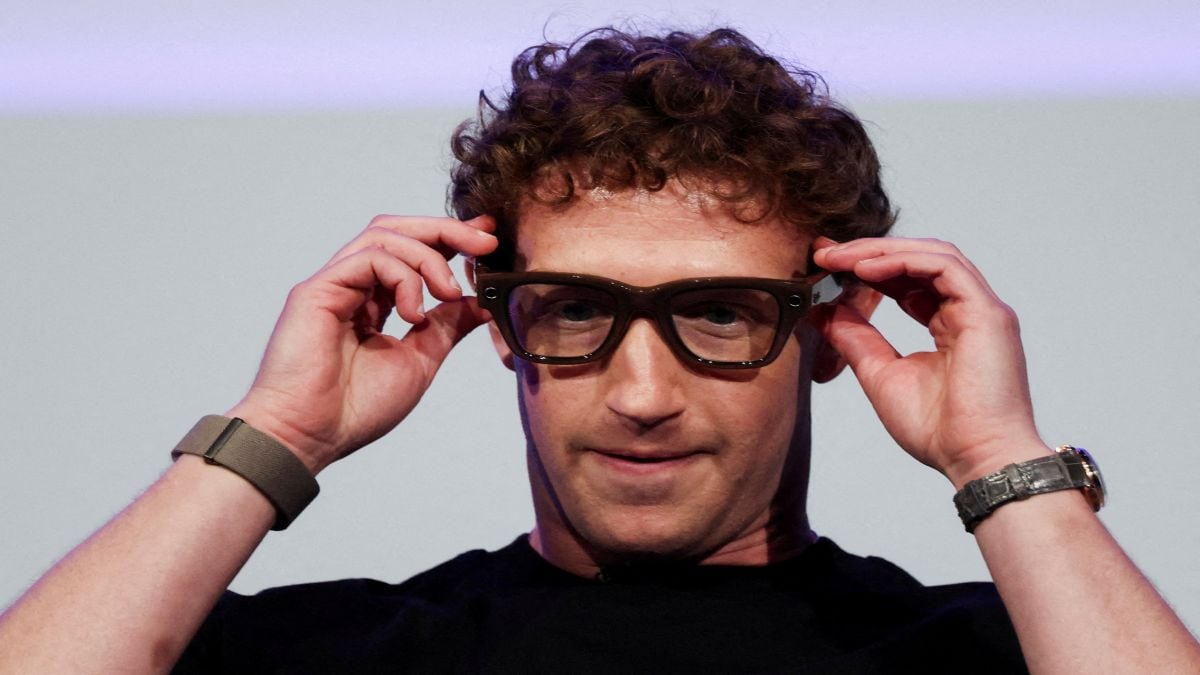
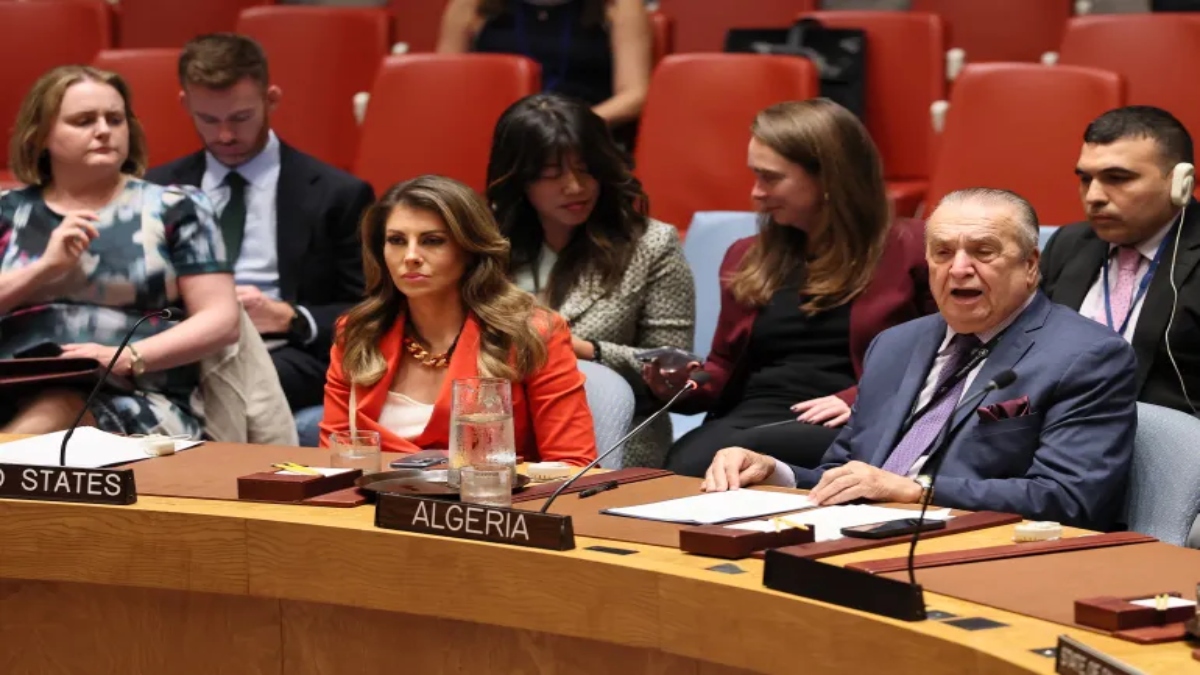)
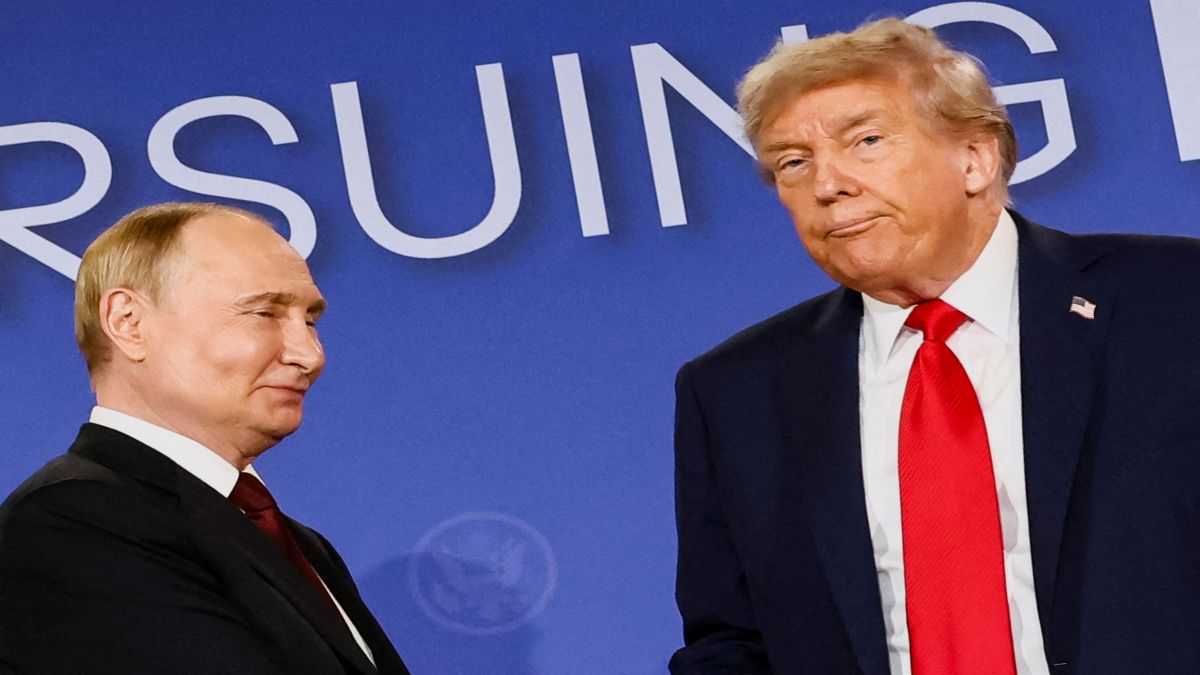)
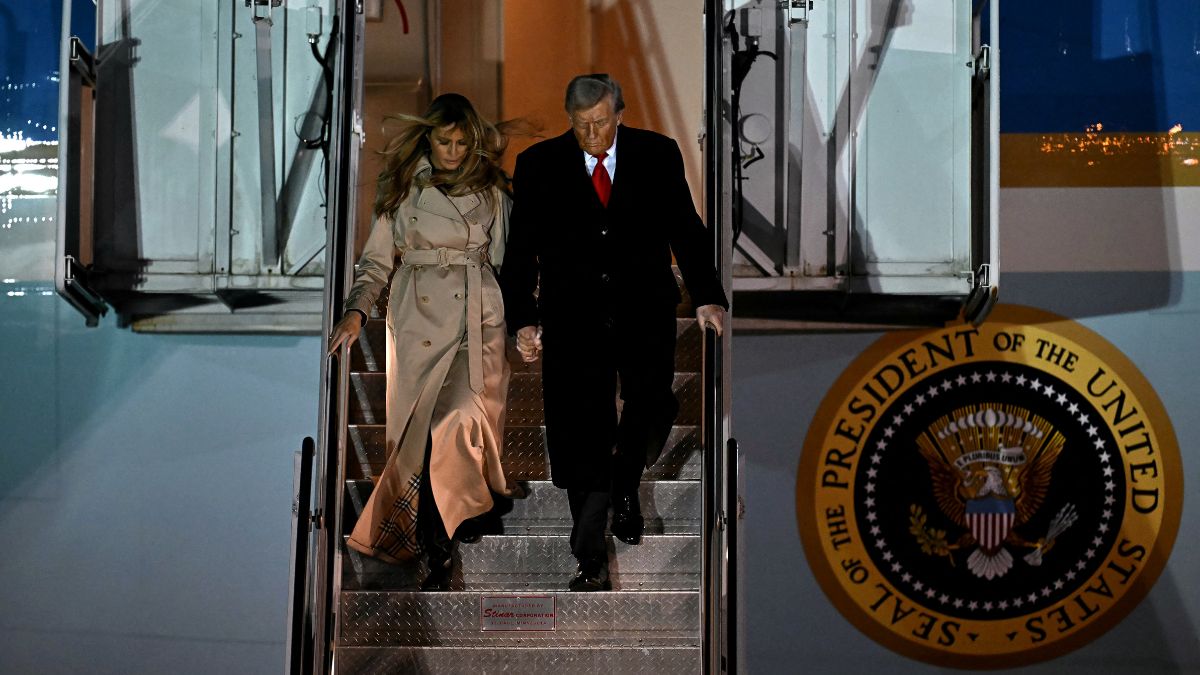)
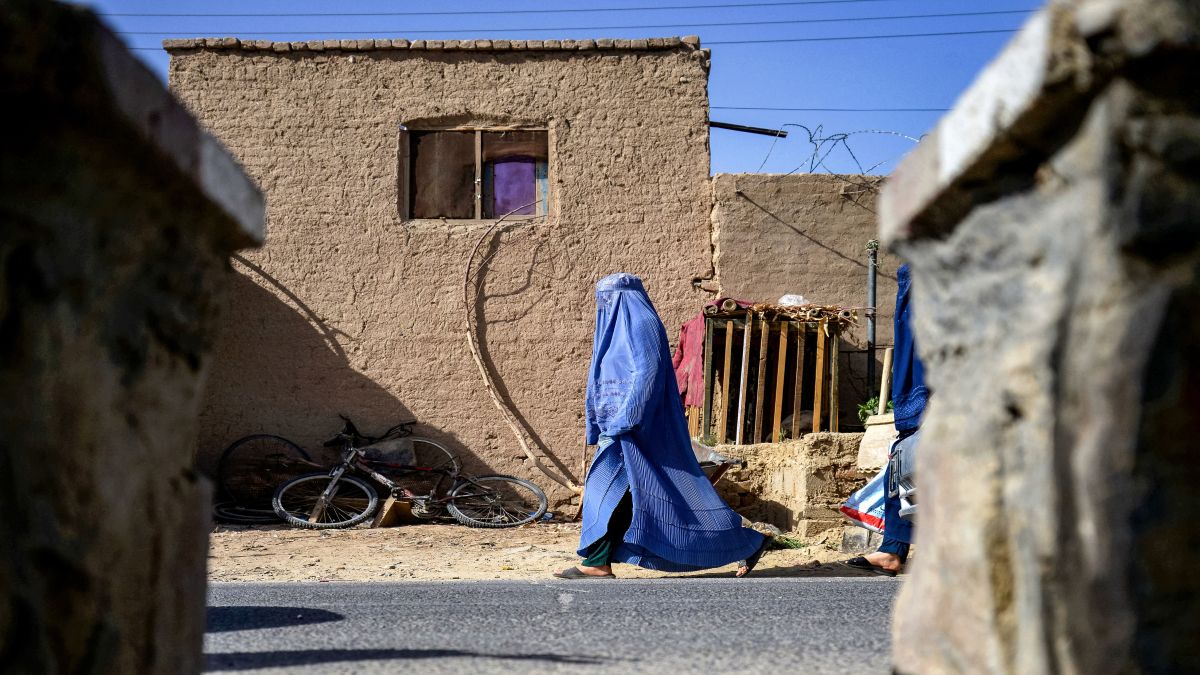)
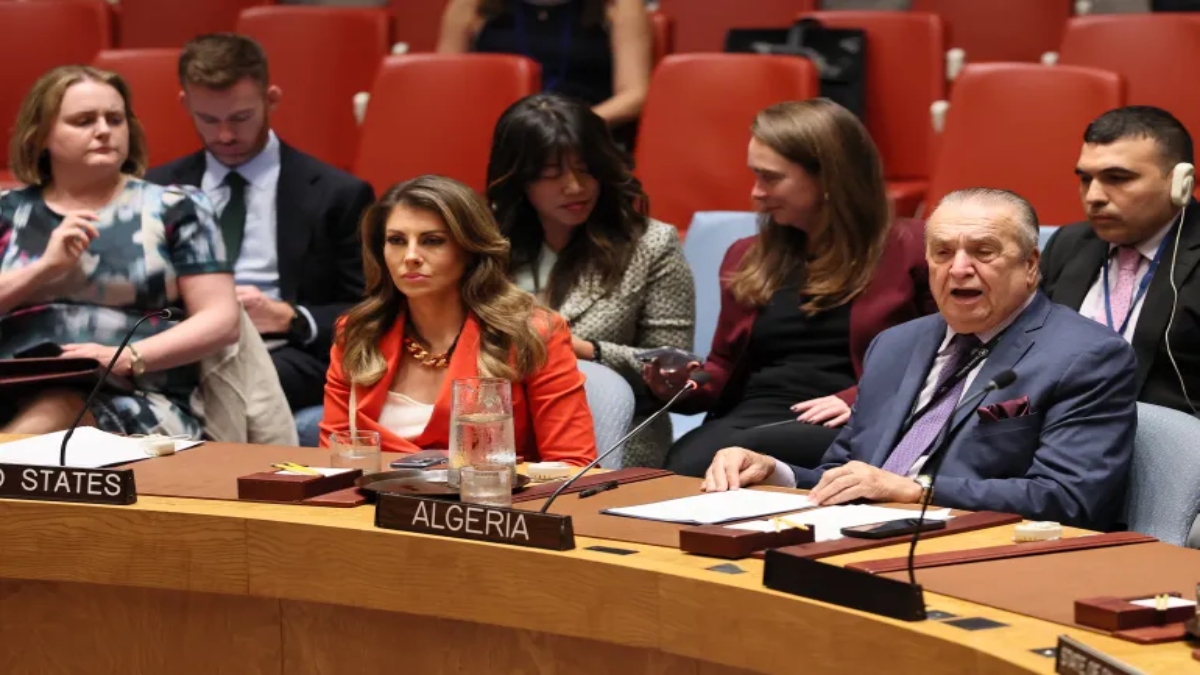)
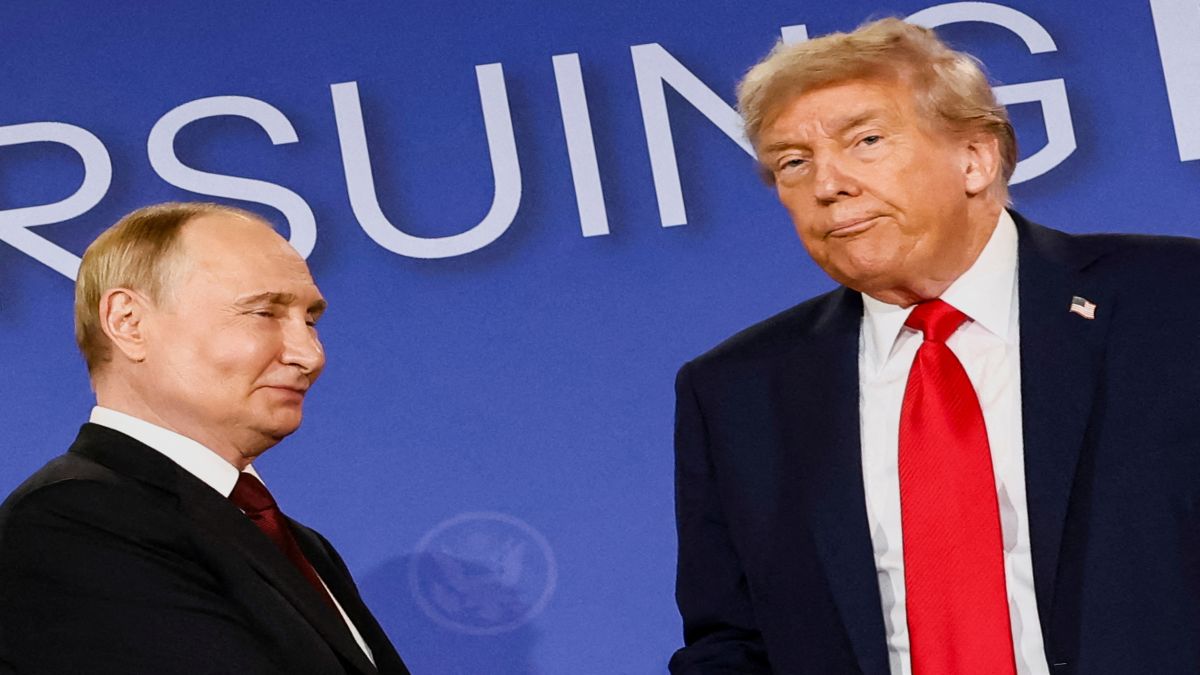)
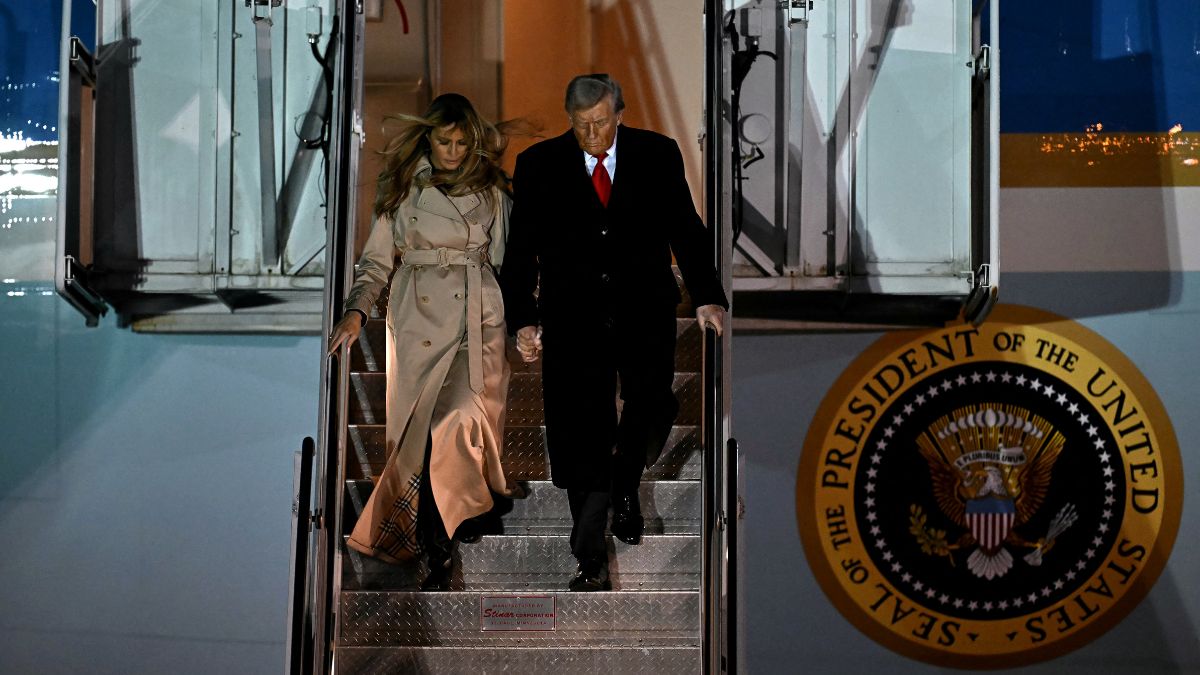)
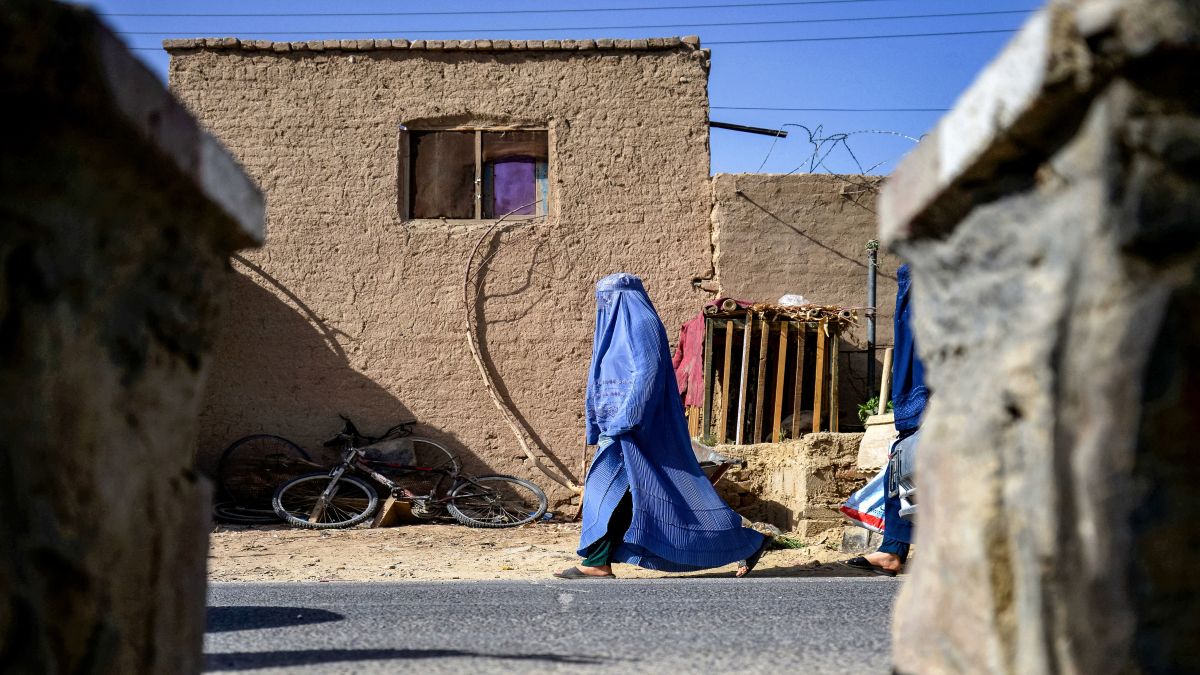)



